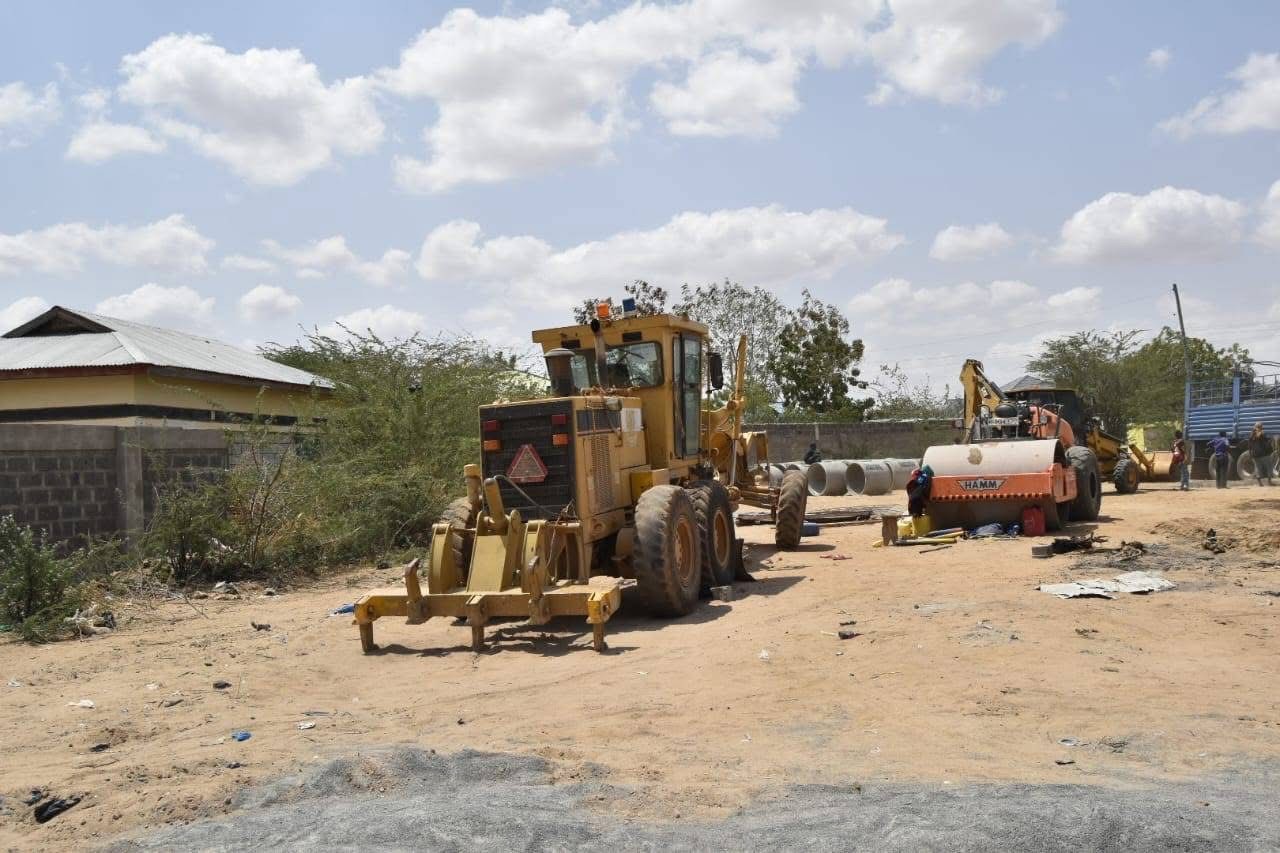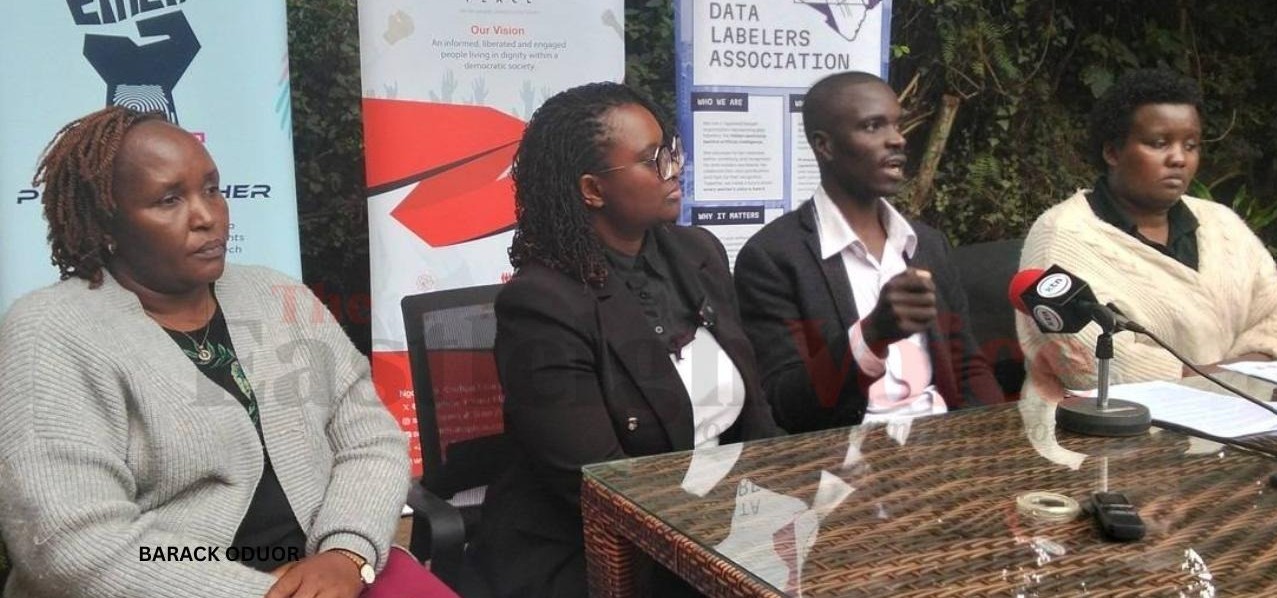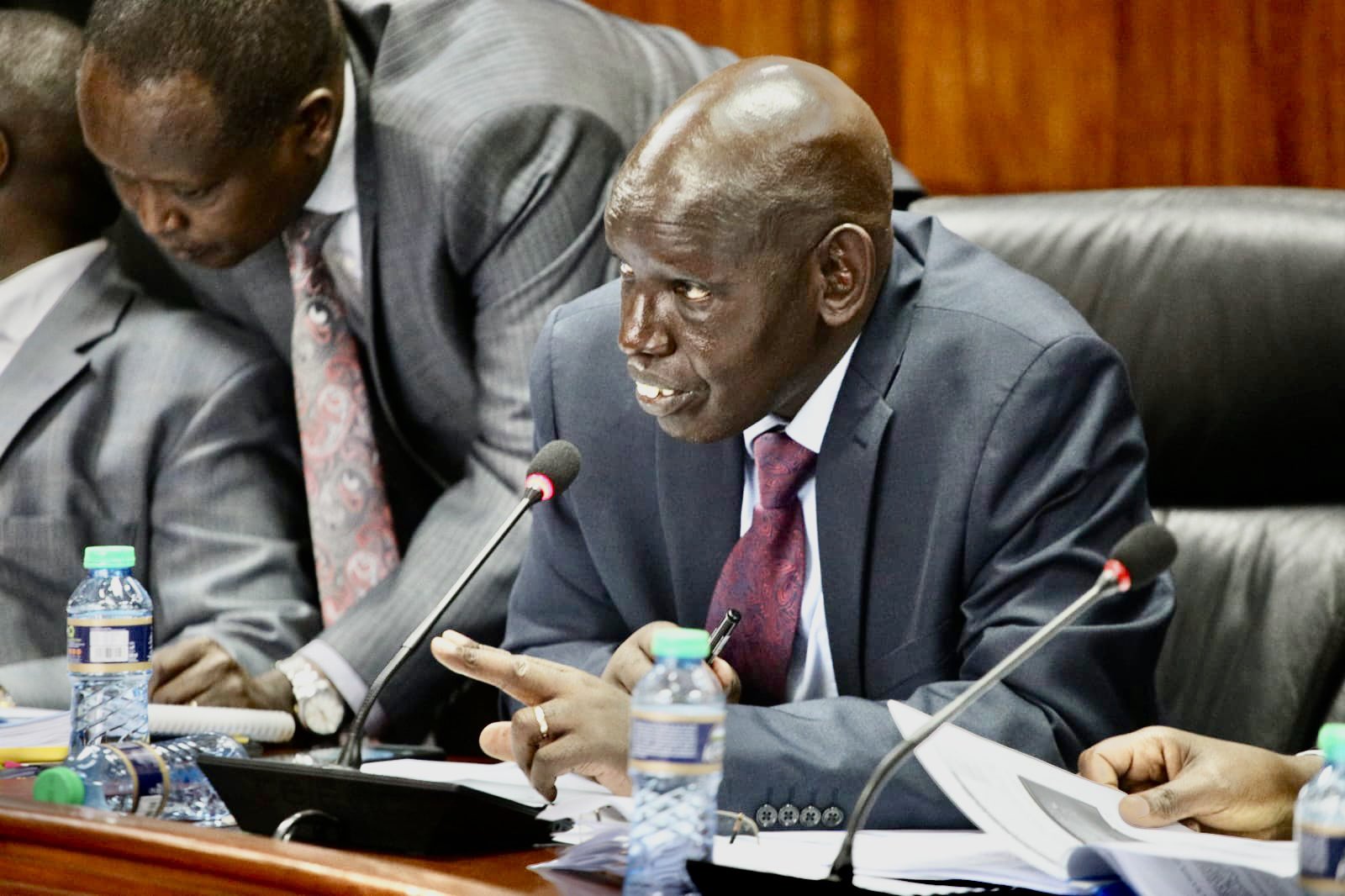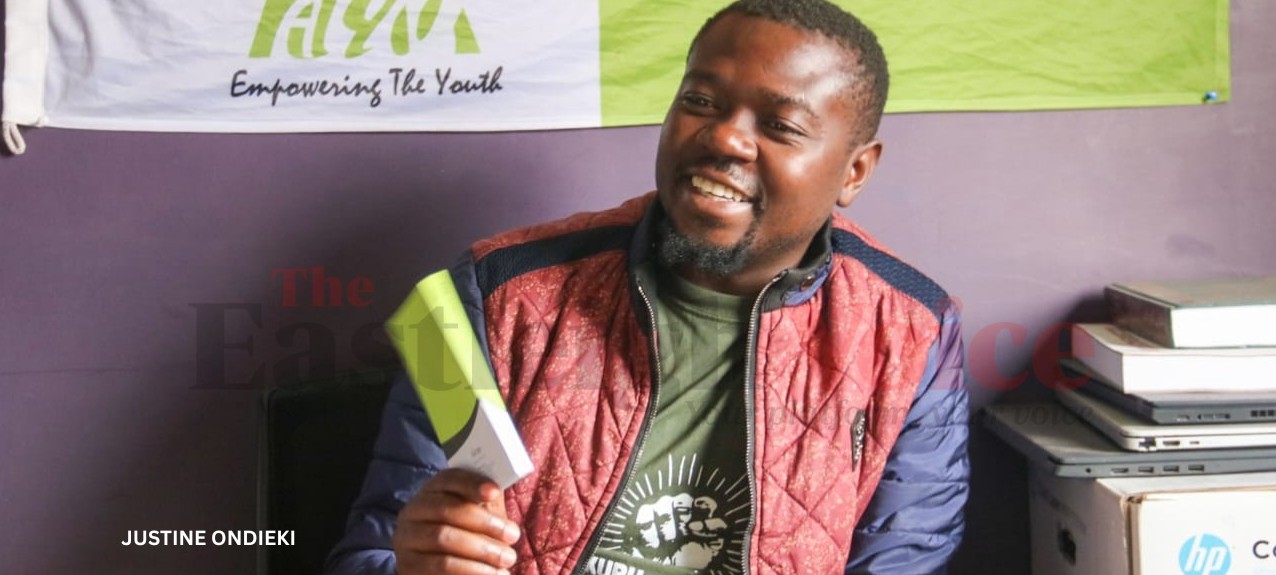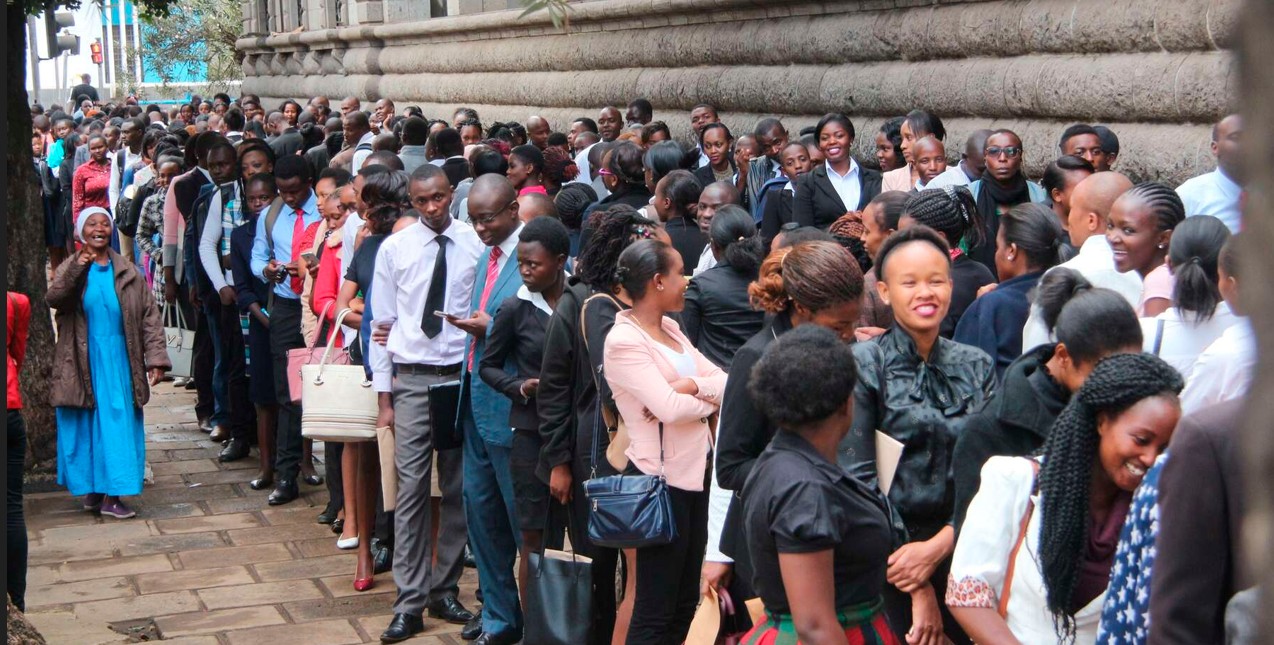Egyptians struggle with first bread subsidy cut in decades
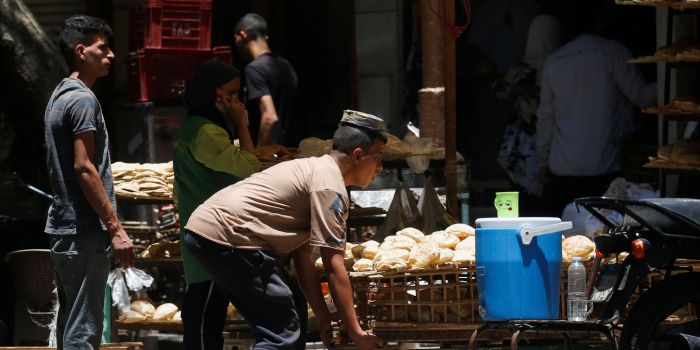
The impact of the price increase will be felt by millions because the subsidised loaves are a staple for much of the population of about 106 million.
A quadrupling of the price of subsidised bread has made it harder than ever for Gamal Ahmad and millions of other Egyptians to get by.
The 64-year-old pensioner was struggling to make ends meet even before Eqypt's government, facing a rising wheat import bill, increased the price of subsidised small loaves of flatbread for the first time in decades on June 1.
More To Read
The loaves are available to more than 70 million people and are vital for the poorest. Even though they are still heavily discounted, the increase to 20 piasters ($0.0042) per loaf from five piasters is one that many households cannot afford.
"We can't handle any more [price increases]," said Gamal, who is also worried about cuts to subsidised utilities that the government has announced.
"There's still gas, electricity, and water bills. All prices are rising," he said.
The impact of the price increase will be felt by millions because the subsidised loaves are a staple for much of the population of about 106 million.
"Of course, the price hike impacts me," pensioner Mohamed Abdelaziz said as he shopped for subsidised bread in central Cairo. "We are barely getting by."
He said he had to keep on working to supplement his 2,000-pound ($42.46) monthly state pension and take care of three unmarried children.
Increasing the price of subsidised bread was a politically sensitive decision that had been put off for years in a country where cheap bread is important for many because poverty is widespread.
The price had been kept steady since the 1980s despite repeated rounds of austerity reforms, with the government wary of facing a public backlash. An attempt to change the subsidy system sparked riots in 1977.
Instead of increasing the price, the government had previously tried to restrict eligibility and reduce the weight of the loaves.
About two-thirds of the population benefits from bread subsidies, which are based on income and include an allowance of five loaves per day.
The monthly bill for a family of four could now rise to 120 pounds from 30 pounds in a country where the minimum monthly wage is 6,000 pounds, following a 50 per cent rise in March.
High inflation
The government acted now, with annual inflation running at 32.5 per cent in April after hitting 38 per cent last September. Egypt also faces a large debt servicing bill and allowed a sharp currency devaluation in March, when it shifted to a flexible exchange rate system.
Egypt is often the world's largest importer of wheat, and traders say the price change is not expected to change the quantity of state purchases in the short term. The collapsing currency and rampant inflation have caused the cost to the government of procuring wheat from abroad to surge.
Supply Minister Ali Moselhy says the new price represents just 16 per cent of the cost of making the bread, which has been driven up by the weakening of Egypt's currency and rising global wheat prices.
The government is allocating about 125 billion Egyptian pounds ($2.65 billion) for bread subsidies in its 2024/25 state budget, up from 91 billion last year, according to Moselhy.
Moselhy said the ministry had not received any complaints from citizens following the price increase.
The government says it is expanding the social safety net, but some of its critics question cuts to bread subsidies after the government has spent heavily on mega-projects, incurring more debt.
The state should instead prioritise cutting exemptions for military-owned companies that have long enjoyed financial privileges, said Timothy Kaldas, deputy director of the Tahrir Institute for Middle East Policy.
The subsidised bread price increase will be "a significant hit for poor households," he said.
Even if the move does not spur people to stage demonstrations following a crackdown on dissent and a ban on most public protests, it could fuel popular frustration over the economy, he said.
On Saturday, local TV host Lamis El Hadidy asked Moselhy why debt repayments took up 62 per cent of budget spending while subsidies accounted for 11.5 per cent.
Egypt had to repay its debts and "we are talking about our current reality and what to do tomorrow," Moselhy replied.
Top Stories Today


